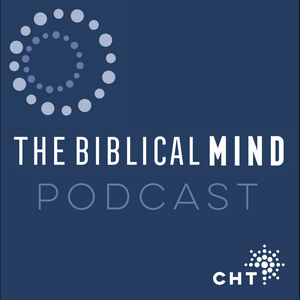In this syndicated episode, The Biblical Mind features the inaugural release of The Bible Bar, a new podcast from Bar-Ilan University hosted by Dr. Joshua Berman. The first episode dives into one of the most debated chapters in Scripture: Genesis 1.
Dr. Berman welcomes eminent Assyriologist and Old Testament scholar Lawson Younger to explore how the biblical creation account relates to ancient Near Eastern cosmogonies and theogonies. What makes Genesis similar to Egyptian and Mesopotamian creation stories—and what makes it radically different?
Younger explains how ancient Near Eastern cultures viewed creation and divinity as intertwined, where sun, moon, rivers, and mountains were themselves gods. In contrast, Genesis 1 insists on a Creator wholly distinct from creation. The world is not divine—it is spoken into being.
The conversation explores Tiamat and tehom, the image of God, the Memphite Theology, and the striking emphasis on divine speech. Rather than offering a scientific account, Genesis answers a different question altogether: Who is the Creator, and what does that mean for humanity?
Listeners are encouraged to subscribe to The Bible Bar as it works chapter-by-chapter through the Torah.
You can find the podcast on their webpage or Spotify channel here:
https://sites.biu.ac.il/en/bible-bar/page/10098
https://open.spotify.com/show/3kHJ6MrxrEDobNRDsOPKn4
We are listener supported. Give to the cause here:
https://hebraicthought.org/give
For more articles:
https://thebiblicalmind.org/
Social Links:
Facebook: https://www.facebook.com/HebraicThought
Instagram: https://www.instagram.com/hebraicthought
Threads: https://www.threads.net/hebraicthought
X: https://www.twitter.com/HebraicThought
Bluesky: https://bsky.app/profile/hebraicthought.org
Chapter:
00:00 Introduction to the Bible Bar
03:17 What Do We Have In Genesis 1?
06:52 Who, Or What, Is God?
13:30 What Does Genesis 1 Have to Say About Humanity?
17:43 Does the Bible Borrow from Other Cosmogenies?
21:26 What Does the "Image of God" Really Mean?
25:03 What Is Memphite Theology?
30:46 The Shared World of the Author and Audience


